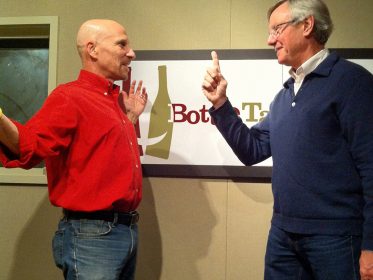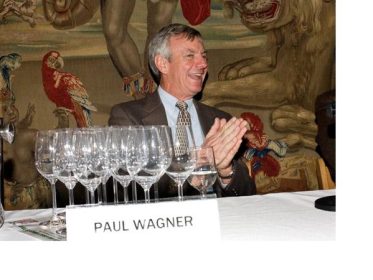Paul Wagner on Wine Tourism, Education, and His Passion for Storytelling
Author: Veronika Busel
Today, we have the distinct pleasure of speaking with Paul Wagner, a pivotal figure who has recently joined the jury panel for the Wine Travel Awards 2024-2025. Paul stands out as a venerated leader in the wine industry, particularly celebrated for his extensive work in wine tourism – a field he passionately cultivates. As the founder of Balzac Communications & Marketing, Paul has played a crucial role in elevating global wine brands through his innovative and creative promotional strategies.
Paul’s influence extends beyond marketing; he has shaped the next generation of wine leaders through his teaching roles at prestigious programs like the Wintour MBA in Europe and the OIV wine marketing program at UC Davis. His book, ‘Wine Marketing & Sales,’ co-authored with Liz Thach and Janeen Olsen, tackles the complexities of the crowded market and is considered essential reading for industry professionals.
Moreover, Paul’s role as a judge at numerous international wine competitions and his presence at global wine conferences have made him a celebrated voice in wine circles worldwide. He also consults on wine tourism and marketing strategies, helping to expand the industry’s reach and impact.
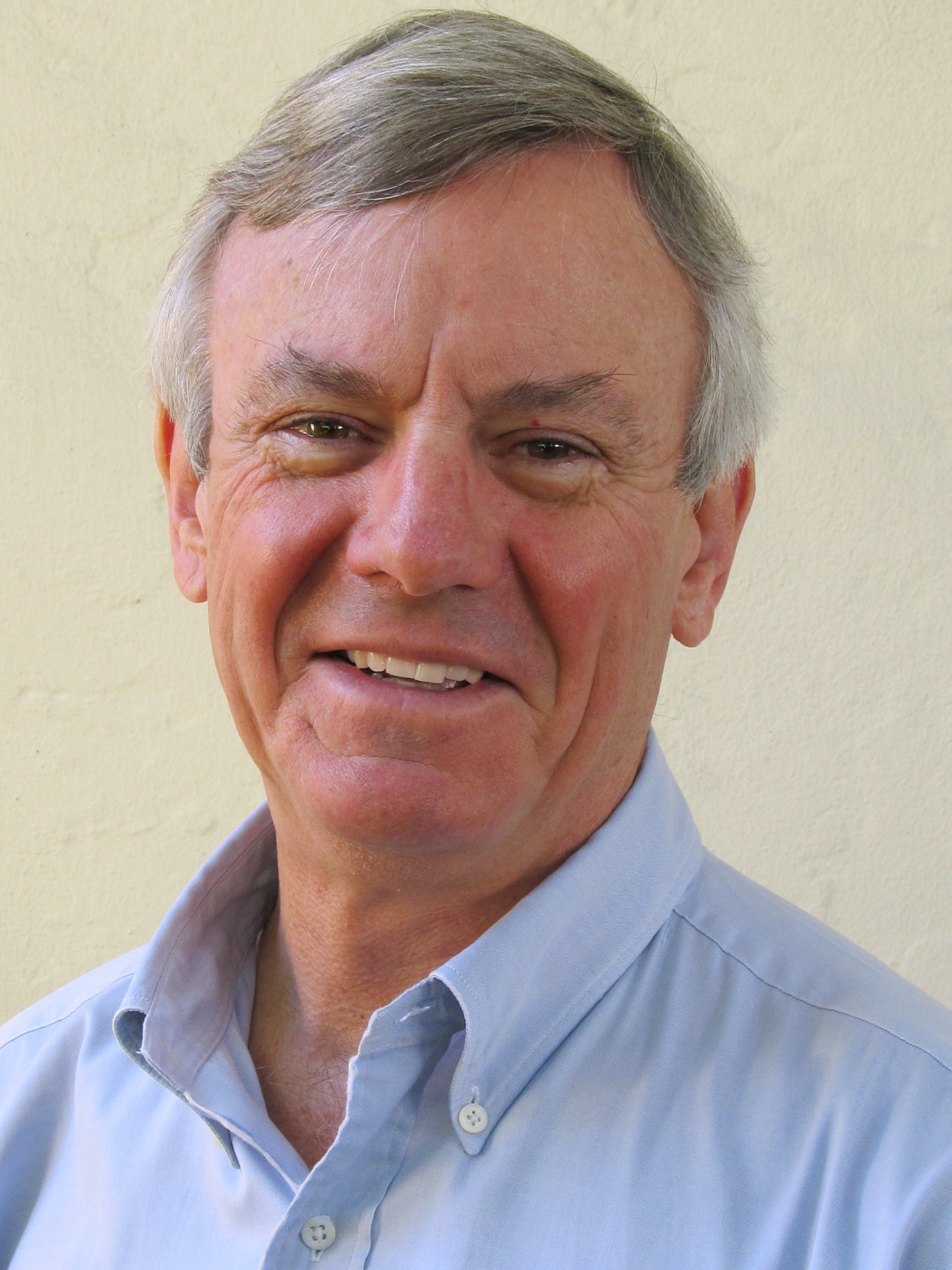
In recent years, Paul has channeled his narrative talents into writing, creating a series of mystery novels set in the picturesque Sierra Nevada. These novels, including titles like ‘Danger: Falling Rocks’ and ‘Bones of the Earth: A Dan Courtwright Mystery,’ showcase his passion for storytelling and offer a thrilling escape for his readers. You can explore these works further at Backpack the Sierra.
In this interview, we explore Paul’s dynamic career, his insights into the evolving world of wine tourism, and the joys he finds in his diverse professional pursuits.
What initially sparked your interest in viticulture and winery technology (and later wine tourism), and how did your educational background in sociology and other education (classical guitar) influence your approach to this field?
My wife and I moved to Napa Valley because she is a professional chef and got a job here. I began working at a winery because that’s the main industry in Napa. However, I quickly realized that my studies in sociology would help me understand the market and the consumer. Additionally, my background in education and performing arts would greatly aid in communicating with them. This proved to be a rare combination in the wine industry – not a production expert, but someone who understood the consumers and knew how to engage with them. Sadly, that’s still true.
Having judged over 100 international wine competitions, what trends or innovations in wine industry have impressed you the most over the years?
There’s been an improvement in quality across the board. Today, everyone is making good wine, and many are producing very good or even great wine. The quality and consistency of wine today are at a level beyond anything we’ve seen before. This shift highlights the growing importance of good marketing. If the quality of your wine alone doesn’t make you stand out, you need to communicate something beyond just the wine’s quality – and you need to do it well.
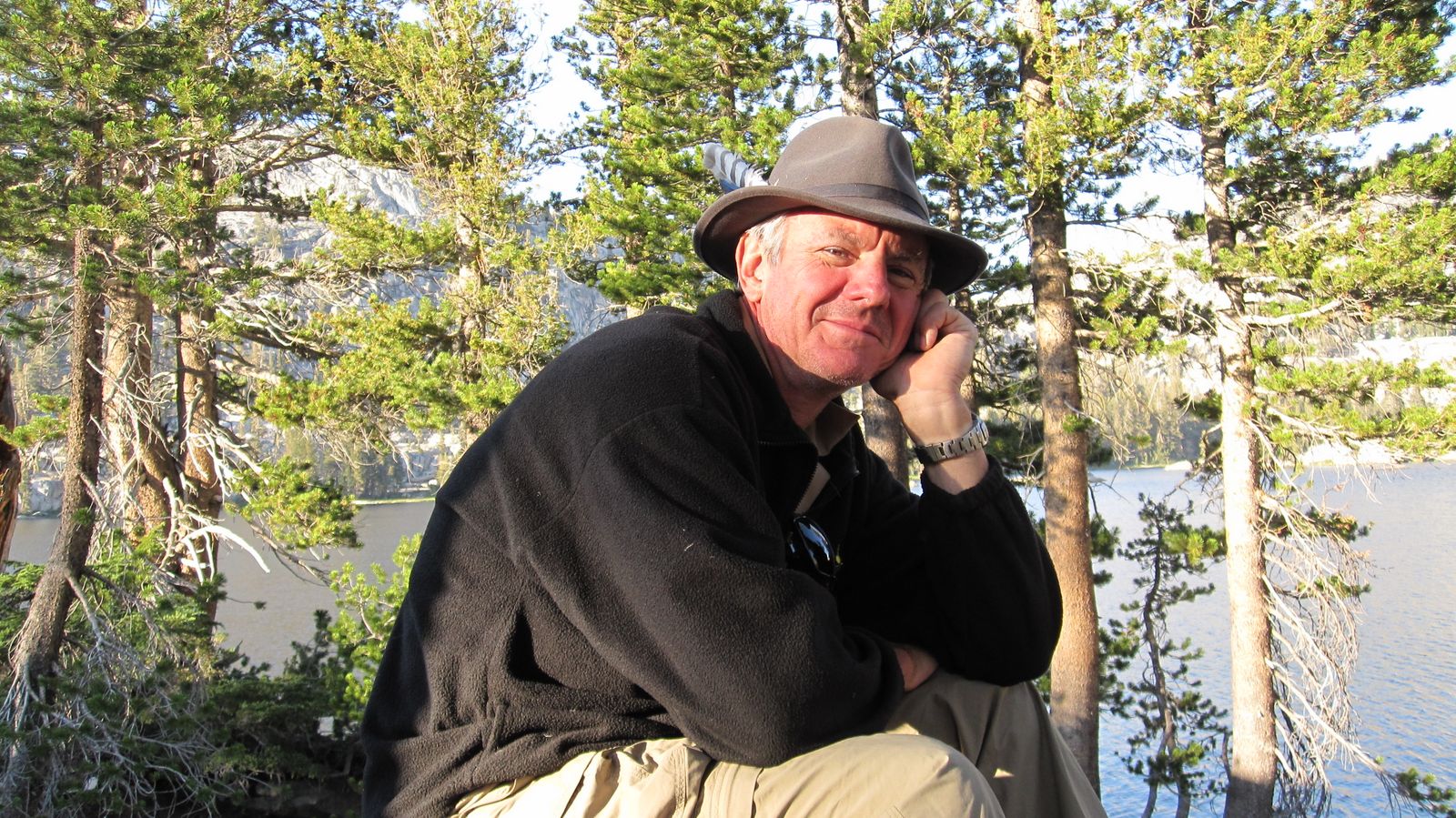
Can you describe a pivotal moment or a key mentor (that you know personally or not) that significantly influenced your career in wine education and tourism?
Dr. Stephen Krebs recruited me to teach at Napa Valley College over thirty years ago. He clearly believed that my approach, although quite different from most in the industry, was something that needed to be heard. He gave me the opportunity to spread the word. Thirty years of successful students have proven he was right. I have loved every minute of teaching.
Throughout your career, you’ve spoken at numerous wine conferences worldwide. Which of these engagements do you feel was the most impactful in shaping global perceptions of wine tourism?
They all have their roles to play. The UNWTO brings together key players, but so do TexSom and the American Wine Society. The Vancouver Wine Festival in Canada is huge. I must also mention teaching at the Wintour MBA program and the OIV wine marketing program at UC Davis because students from all over the world attend these programs and take the message back to their home countries.
Your books have won several awards and are used by wine professionals globally. What is your process for identifying topics that need addressing within the industry, and how do you ensure your work remains relevant and useful? Can you tell us what inspired you to switch to another genre with the Albicaulis Books series, and how your life in wine influenced those books?
The first Wine Marketing book grew out of the lectures I gave at Napa Valley College. My students there constantly challenge me to keep on top of the latest developments, and we are now working on a fourth edition of that book to keep it up to date. But my mystery novels are a completely different story (sorry!). While the marketing work I do is always rooted in data analysis and facts, the novels give me a chance to tell the best possible story without worrying about proving its truth. That’s pure fun.
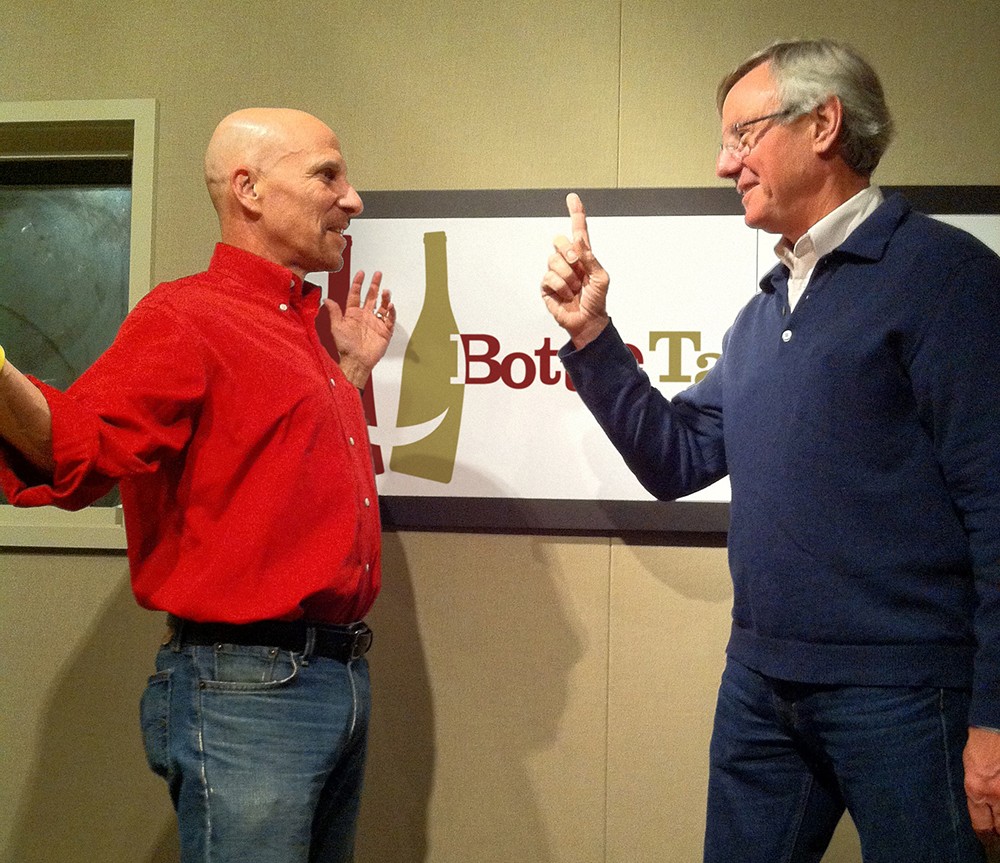
From your extensive teaching experience, could you share an example of how you’ve adapted wine education to cater to the evolving interests of students in the wine tourism sector? Can you tell about your involvement with the Wintour program and why this program is relevant to the wine tourism segment?
When I began teaching at Napa Valley College, DTC (direct-to-consumer sales) were a very small part of the equation. But that has changed completely over the years, and as a result, managing tourism and cellar door sales has become a major priority for many wineries. It’s actually their primary source of revenue and profit. The Wintour MBA program brings together wonderfully talented students from around the world. I love teaching them because they share their experiences with me, and together we work to develop new ideas, new markets, and new programs in the world of wine tourism. It’s a wonderful group of people.
As a Senior Consultant for Wine Tourism at Expedia Cruises, how do you envision integrating wine tourism with travel experiences, and what unique opportunities does this position offer to elevate the wine tourism industry?
I’ve always said that wine tourism doesn’t exist – not as a pure concept. Tourists are tourists, and they all want the same thing – to have fun and create memorable experiences with their family and friends. Wine tourists simply want to expand that vision to include wine and food. What could be more natural? Working with Expedia Cruise Ship Centers, I get to travel around the world, visiting the top wine tourism destinations and taking note of what they are doing and how they are successful. Sharing those ideas and bringing the added perspective of the travel professionals at Expedia means I get to combine the best of all worlds.
Can you describe your collaboration with Expedia Cruise Ship Centers and its impact on wine tourism in a bit more detail?
I’ve been working with Expedia Cruise Ship Centers for more than a decade. The primary effort aims to give wineries the option to host a wine club event on a cruise, which accomplishes two goals for the winery: it builds closer relationships with existing club members, and it also provides the winery access to other potential club members on board the ship.
While we focus on river cruises to wine regions, including the Rhône, the Saône, the Danube, Bordeaux, the Rhine, and the Douro, we also include visits to nearby wine regions, as well as sea-going cruises to destinations like the Adriatic, New Zealand, Italy, and more. A final element of the program is a series of sea-going cruises that simply add a wine component to a non-wine destination, giving wine lovers a reason to choose these cruises over others to places like Alaska and beyond.
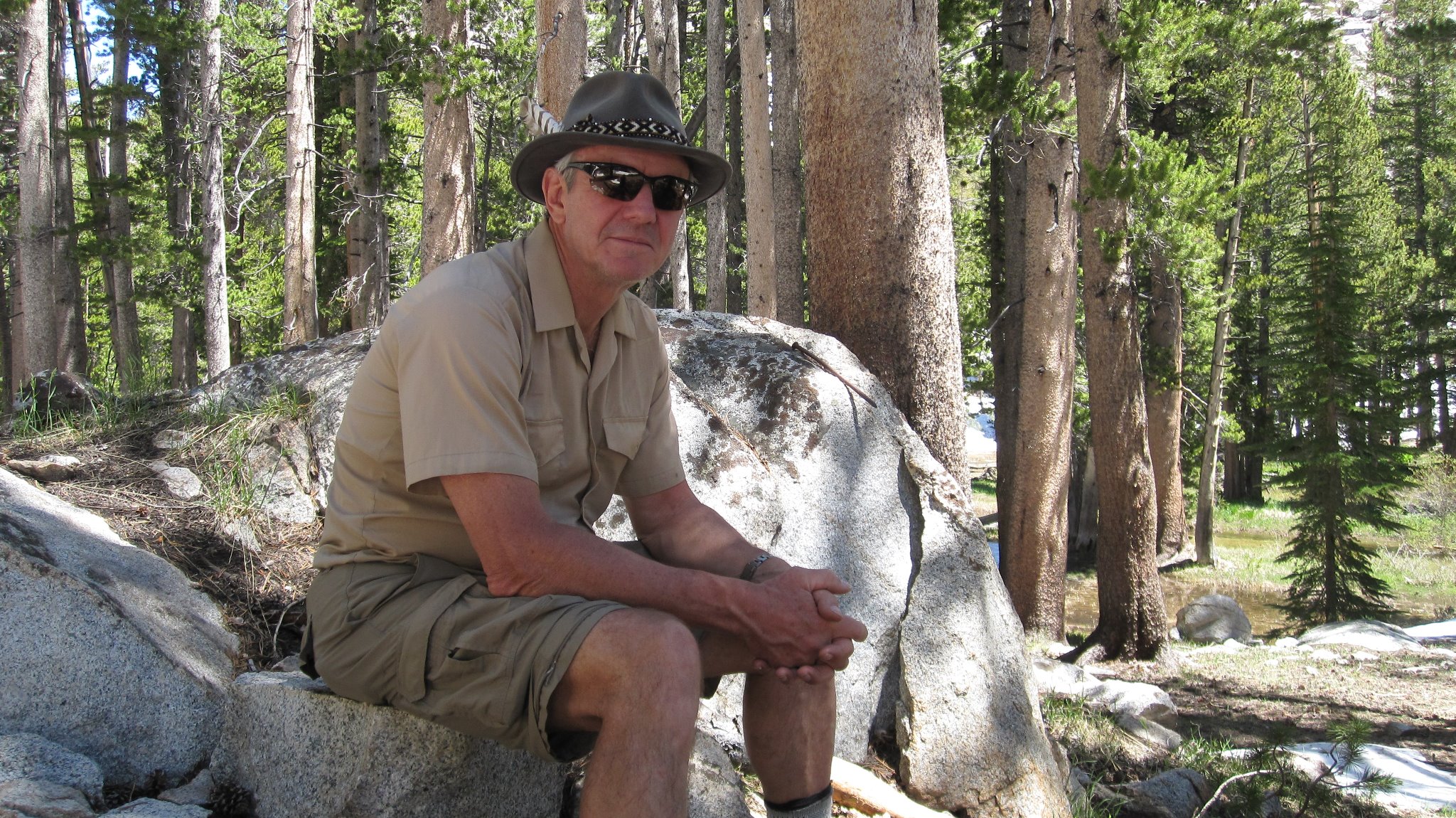
You’ve been a significant figure in developing wine communications. How important is storytelling in wine marketing, and could you share an effective strategy or campaign that illustrates this?
As a dear friend likes to say, facts tell but stories sell. If you want someone to remember something you’ve told them, you need to put it into a story, because recounting fact after fact only puts them to sleep. Marshall McLuhan noted that those who think education and entertainment don’t have anything in common don’t know the first thing about either one. For as long as humans have had language, we have told stories as a way of communicating our histories, our emotions, and our dreams. Let’s not stop now!
Looking ahead, what are the emerging trends or destinations in wine tourism that you believe will gain prominence in the next few years?
I hope that the classic winery tour, where the visitor sits (or even worse, stands) through a long explanation of the production process, will finally die out. They are boring, they don’t share what is really interesting about the winery, and most visitors come to regard them as some kind of punishment or tax they have to pay before they’re allowed to taste wine. Smart wineries are giving their visitors the option to go directly to a tasting room where they can chat with someone who is lively, entertaining, and has open bottles of wine. That’s where the human connection is most likely to occur.
As for destinations, I am excited about all the emerging wine regions that are taking advantage of the interest in wine tourism to create a stronger and more vibrant wine industry. One example is the Caucasus, including Armenia and Georgia. This region is the birthplace of wine, the original Garden of Eden, and the combination of wine, food, culture, and history is really exciting. But every corner of Europe has a story to tell. The New World has amazing places as well. We now make wine in all fifty states of the United States, and much of it is quite good. Cape Town, New Zealand, Chile, Argentina, Mexico, Canada – there are too many wonderful places and not enough time!
Paul, as you step into the role of wine judge for the Wine Travel Awards 2024-2025, your involvement marks a significant moment in the 4th campaign year of this global project. With your deep-rooted experience and authoritative presence in the wine and tourism sectors, how do you perceive the impact of these awards on global wine tourism?
If we can encourage best practices in the world of wine tourism by recognizing those who excel, we can raise the level of service and experiences worldwide. That’s an exciting prospect. Who wouldn’t want that? I’m looking forward to seeing the entries!
Stay connected with Wine Travel Awards:


